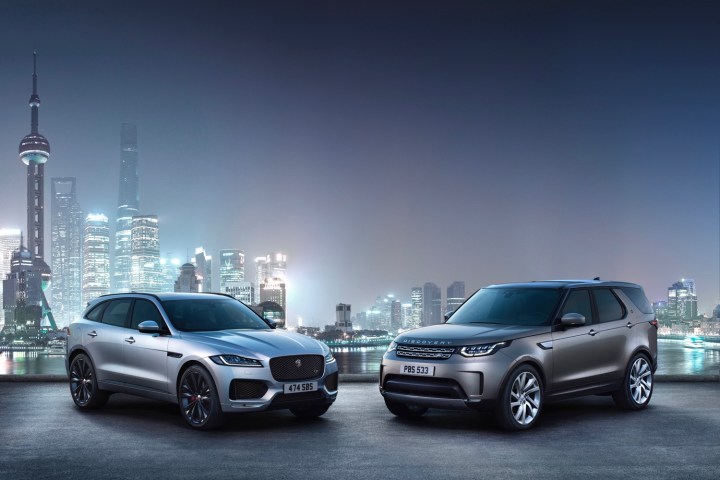
In 2018, Jaguar Land Rover (JLR) and BlackBerry announced a partnership that would see BlackBerry tech used in future JLR vehicles. The original scope of the partnership included a next-generation infotainment system, but now the two companies have expanded it to include other new tech.
A BlackBerry press release said the company would provide JLR with artificial intelligence (A.I.) and machine-learning tech for future vehicles. BlackBerry was light on details about how this tech would be used, only noting that “predictive software maintenance” and “cybersecurity threat protection” were among the possible applications.
BlackBerry will also provide cybersecurity consulting to JLR. The massive amount of software used in modern vehicles, as well as their level of connectivity, makes cybersecurity as much of a concern to automakers as it is to manufacturers of computers or smartphones. BlackBerry said it will test software used in JLR vehicles to identify vulnerabilities.
While JLR hasn’t given up on today’s automotive thrills, the British automaker is also working hard on future tech. It’s developing an elaborate 3D head-up display that can warn the driver of hazards on the road ahead, or allow a passenger to watch 3D movies. But that’s just the tip of the iceberg. JLR is also experimenting with more far-out concepts, like using a heated steering wheel to convey navigation directions, using tech to sense people’s moods, and paying drivers to report potholes.
JLR is taking a different approach to self-driving cars, too. The company’s in-house test program isn’t as large as those of other automakers, like Ford and General Motors, but JLR is also trying different things. It equipped a test vehicle with giant eyes to see how pedestrians and autonomous cars might interact, and wants to develop a language for all self-driving cars to use to communicate with people. On the more orthodox side, the company is also providing Jaguar I-Pace electric SUVs to Waymo.
While JLR may deserve credit for thinking outside the box, it’s unclear if any of these ideas will actually be used on future production cars. Just getting self-driving cars on the road in large numbers will be difficult enough, without having to develop a special language for them. But with so many tech irons in the fire, it makes sense for JLR to turn to a company like BlackBerry for help. Automotive tech could also be a lucrative new market for BlackBerry.


